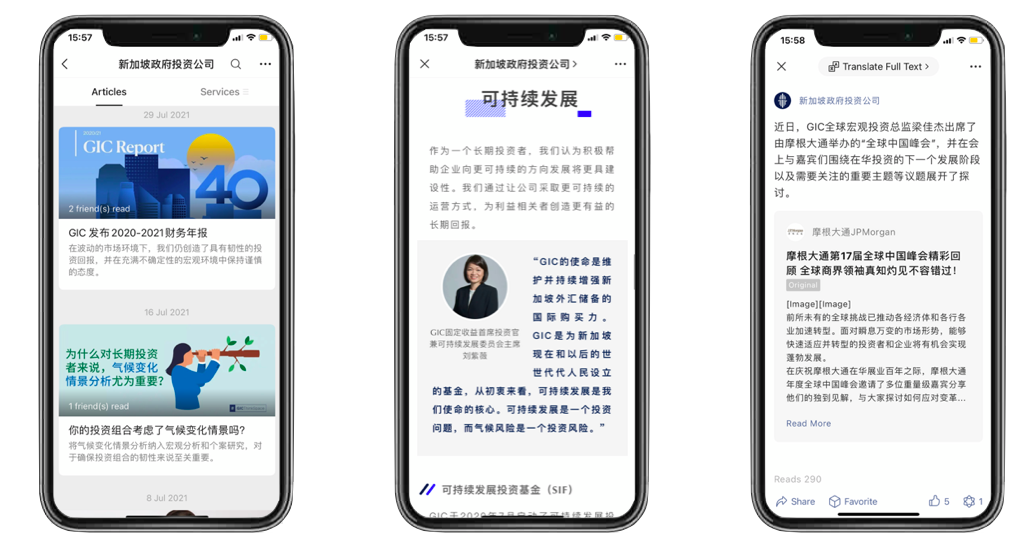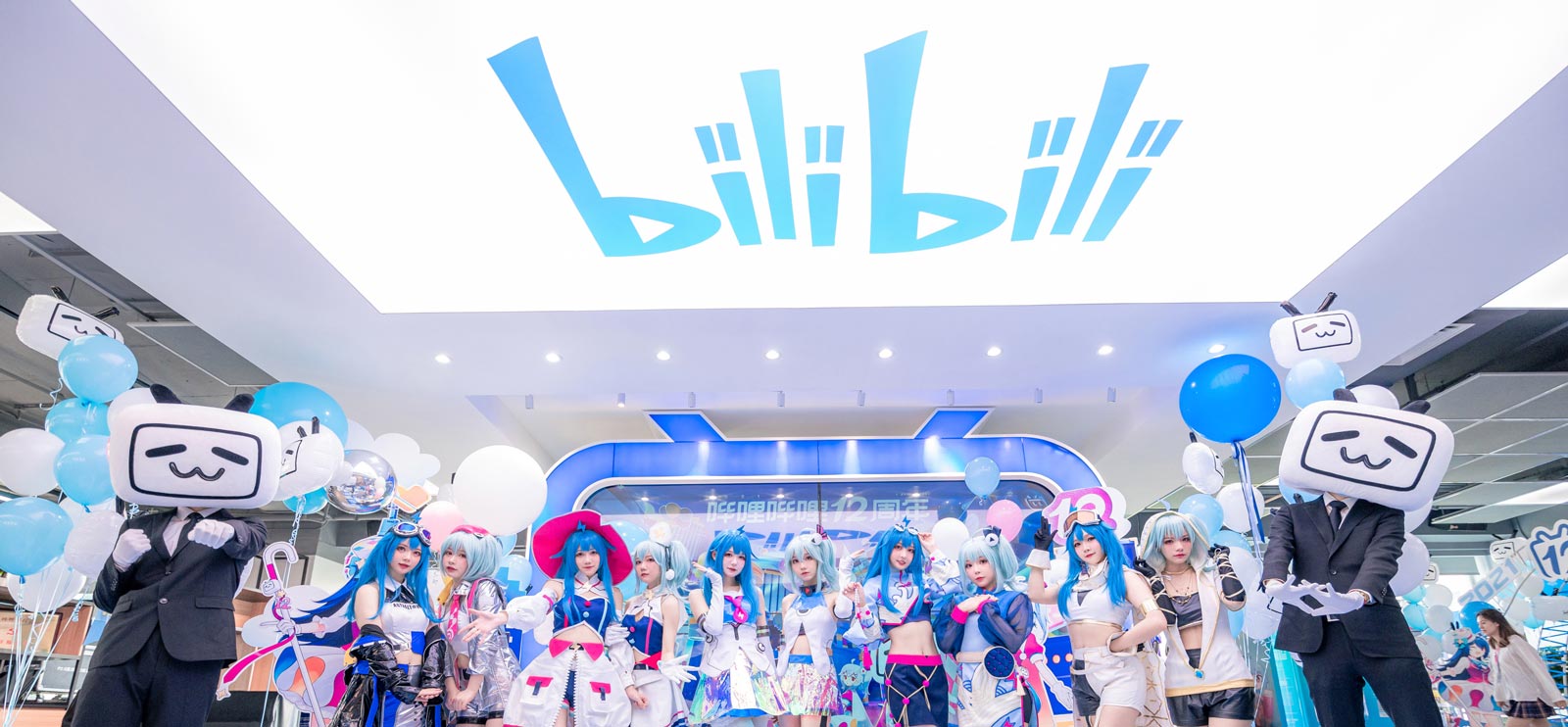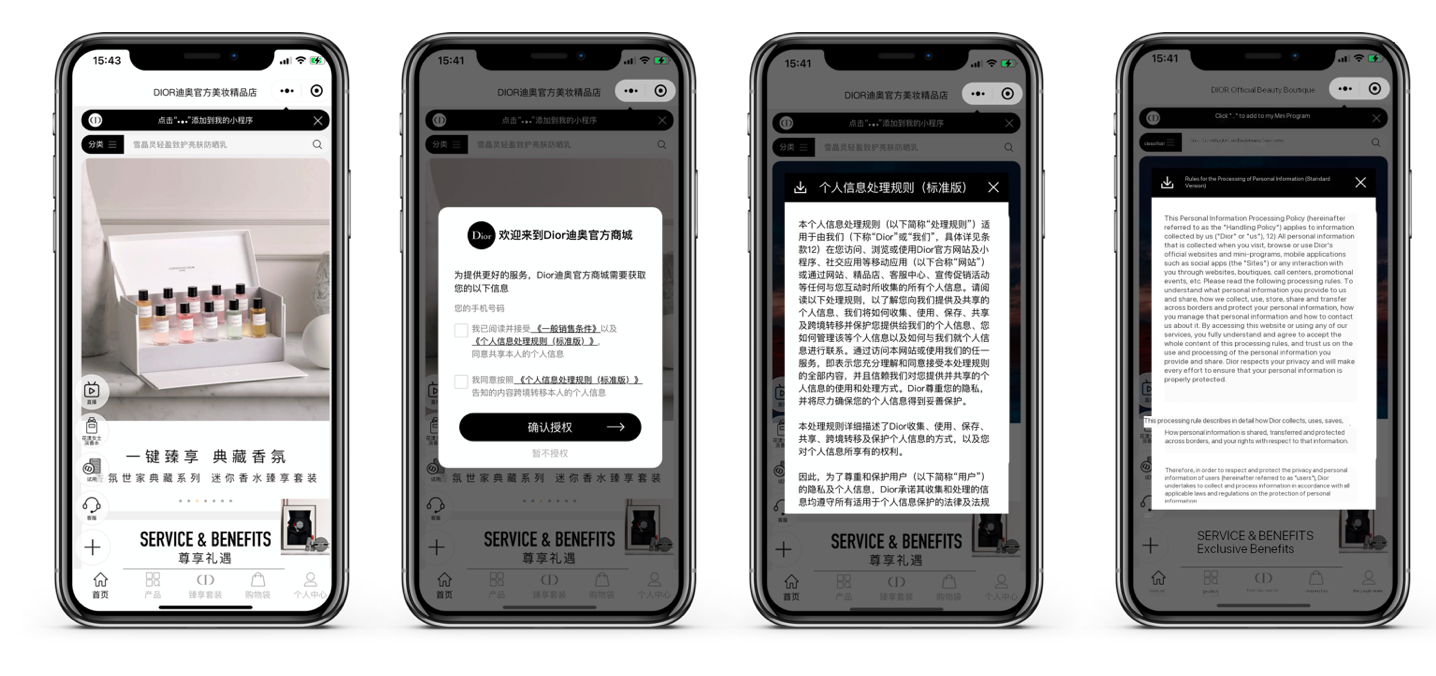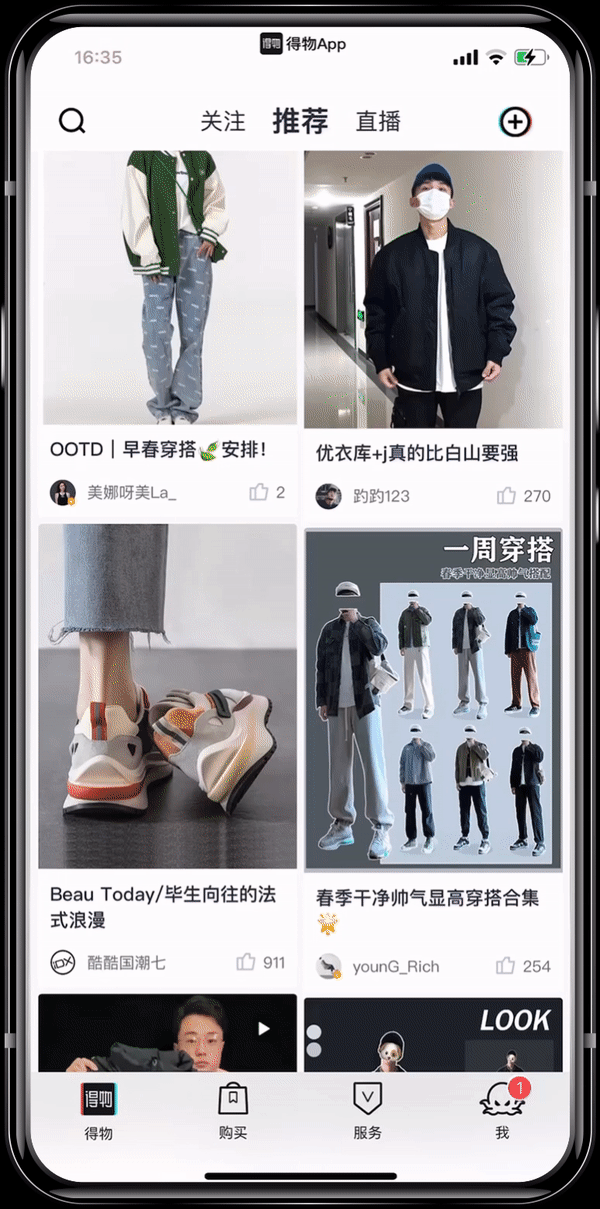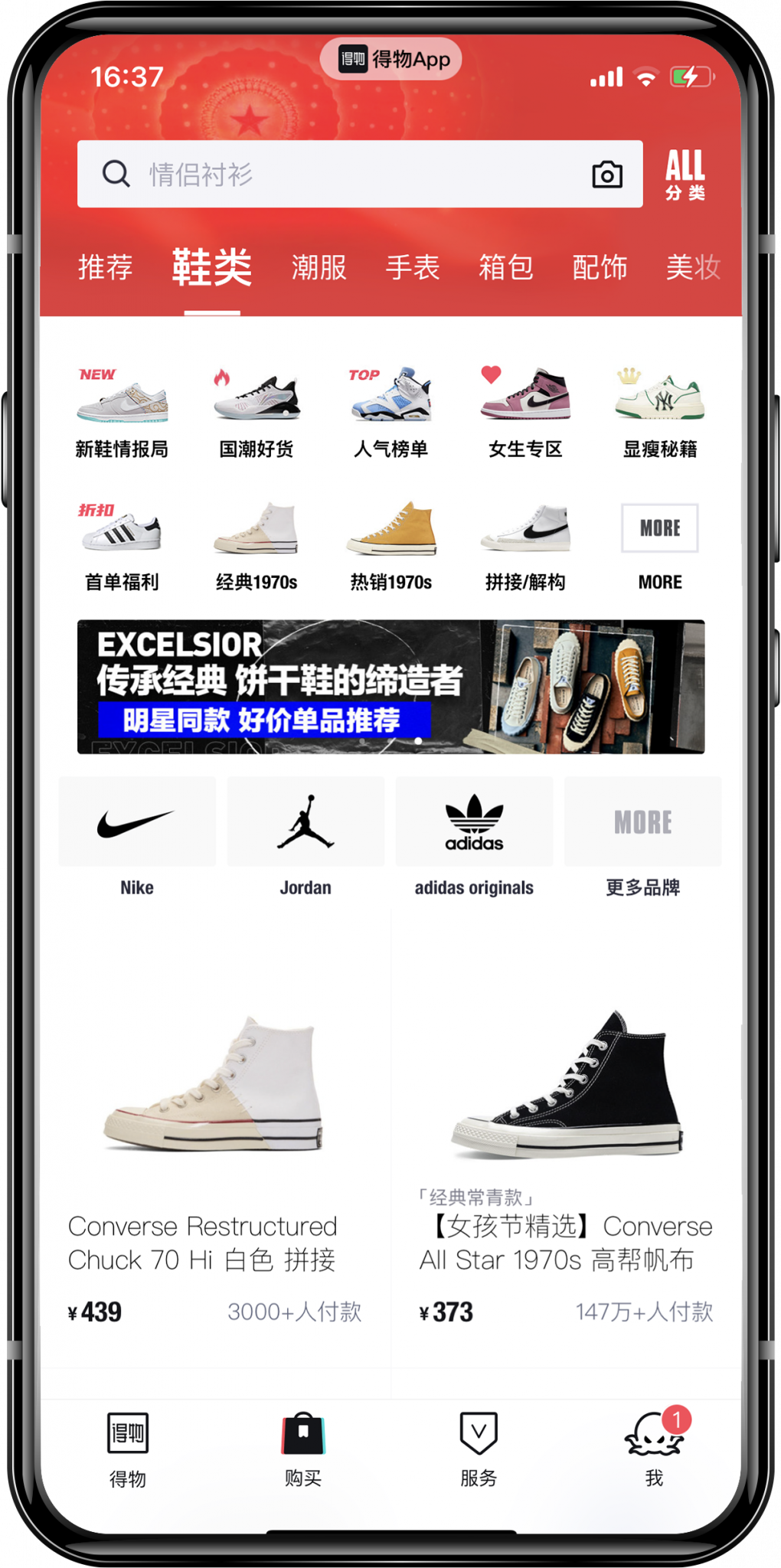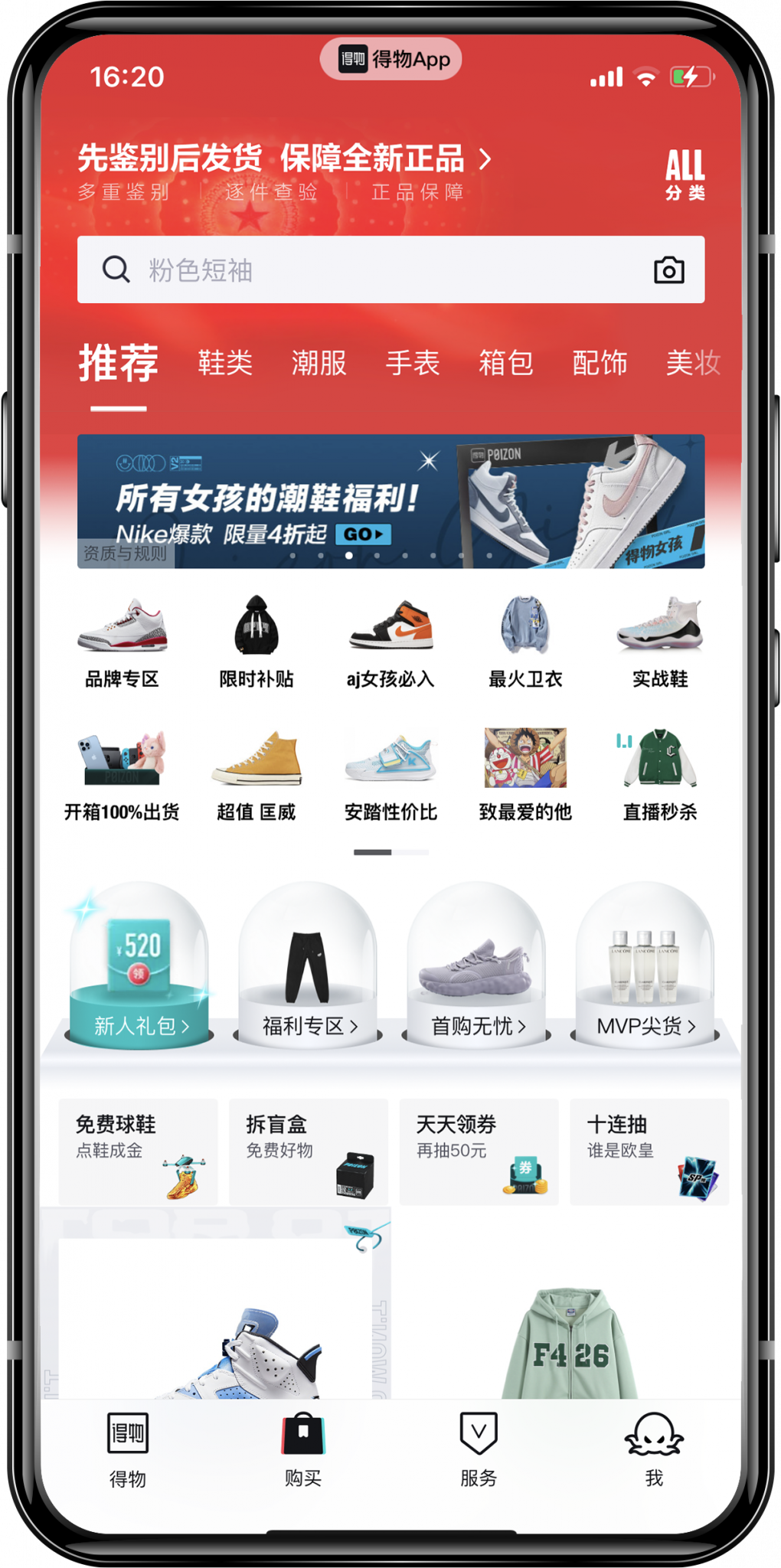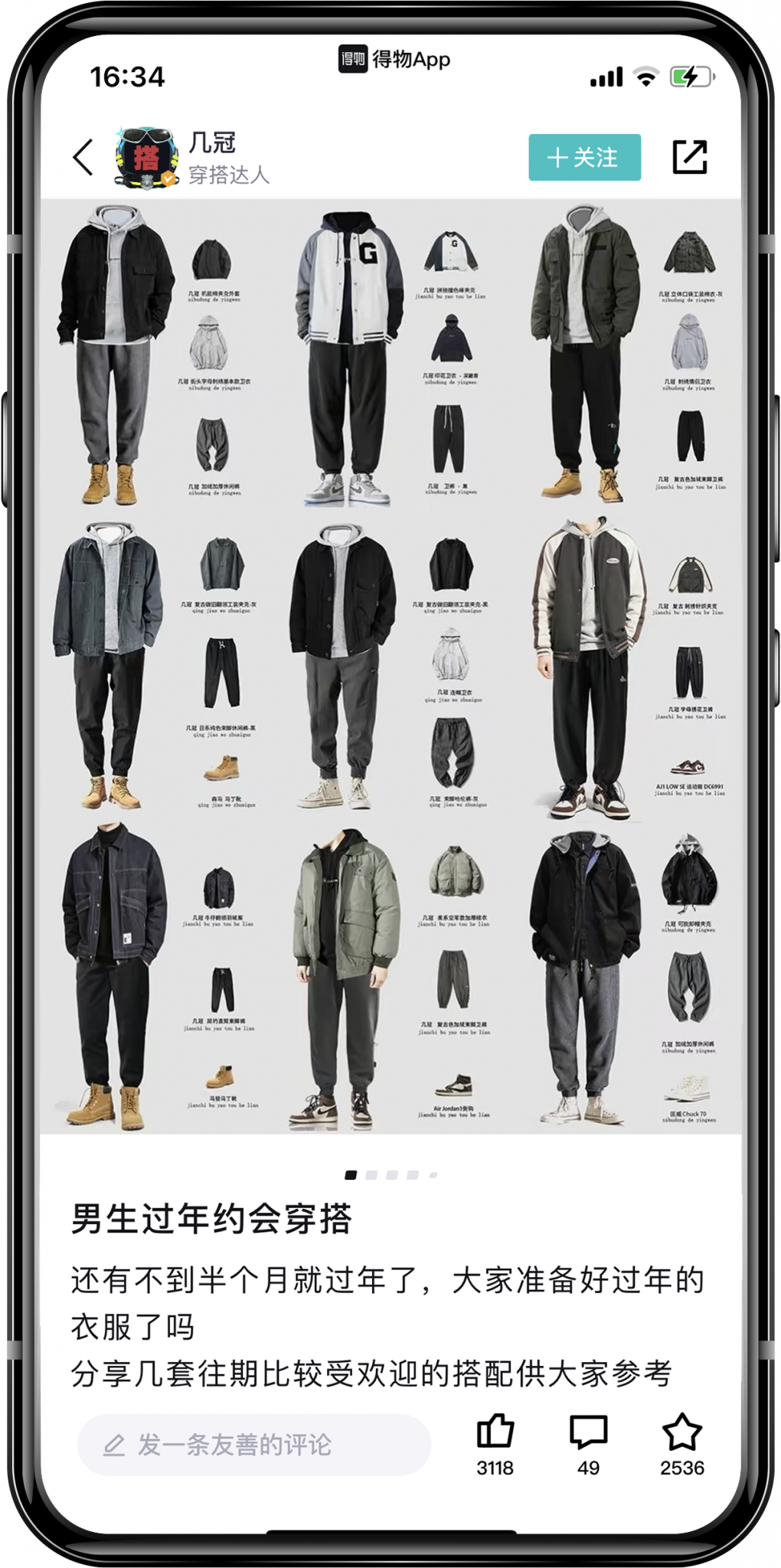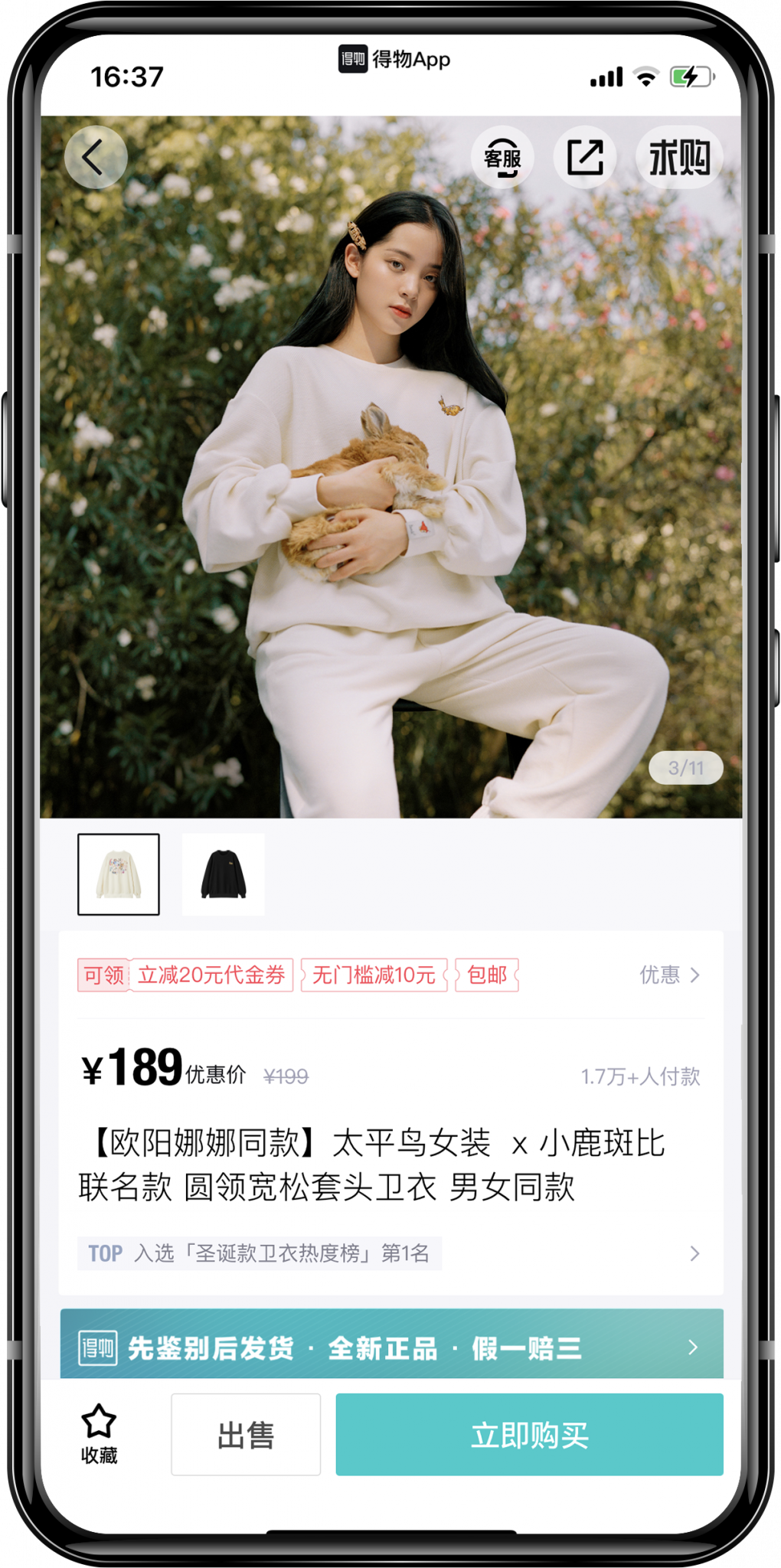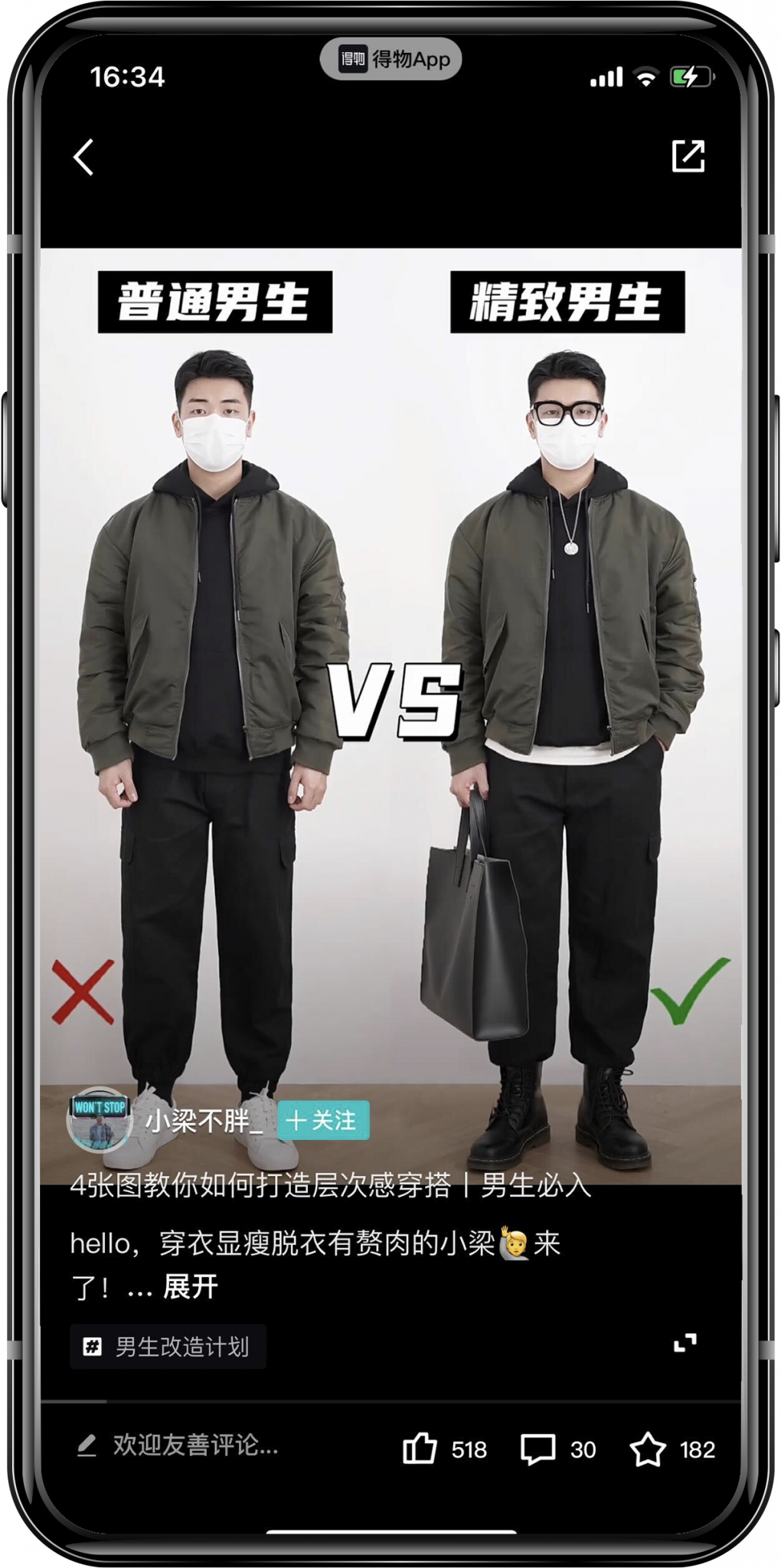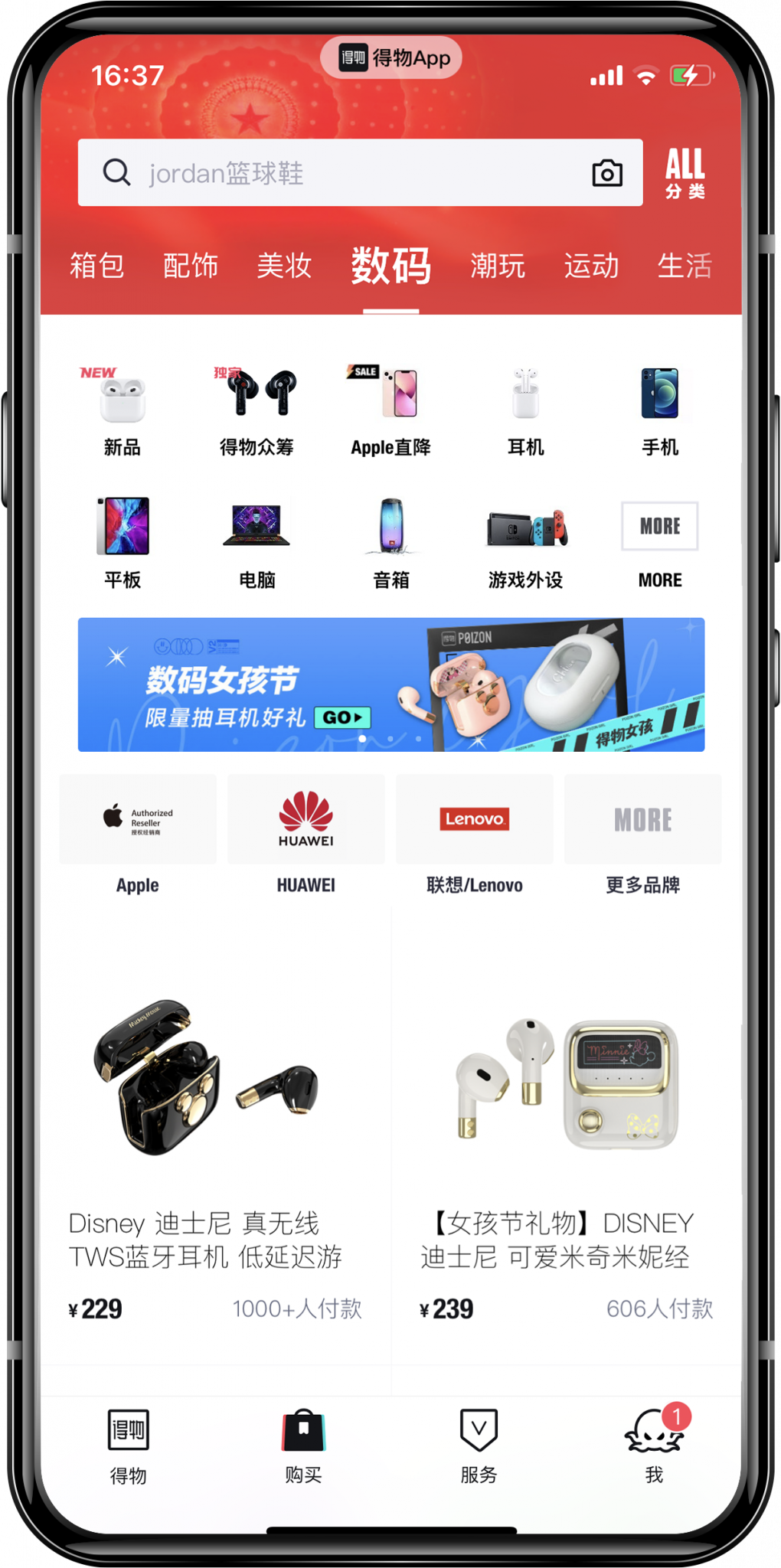Elon Musk Praises the WeChat Model As He Discusses Plans for Twitter
Elon Musk praised WeChat as “really an excellent app” and labelled it “a good model”
“We don’t have anything like that,” Musk said, as he complimented the Tencent super app’s offering of services like Twitter, PayPal and more “all rolled into one.”
“Such an app would be really useful” in markets outside of China, speculating that it could be created by converting Twitter to something all-encompassing or starting a new app from scratch.
Musk’s comments quickly went viral in China, with the hashtag “Musk praises WeChat” amassing more than three million views within a few hours on the microblogging platform Weibo.
Link: https://technode.com/2022/05/19/elon-musk-praises-wechat-model-as-he-discusses-plans-for-twitter/
Tencent’s Total Revenue Stays Flat, Profit Drops in Q1 Amid Regulatory and COVID Headwinds
Tencent fell short of market forecasts after posting almost flat revenue growth in the first quarter of this year ($21.2 billion in revenue versus $21.1 billion in the same period last year).
The company’s earnings for the period were RMB 26.3 billion, a 24% reduction year on year, while net margins fell to 19% from 26% the previous year.
Tencent’s worst result since its IPO in 2014 is primarily due to clients’ reduced ad spending and more competition from competitors like TikTok owner ByteDance. Despite the state signalling a softening of pressure on digital giants, the impact of regulatory crackdowns will remain since it will “take time for specific regulators to convert directly into meaningful action.”
Link: https://technode.com/2022/05/19/tencents-total-revenue-stays-flat-profit-drops-in-q1-amid-regulatory-and-covid-headwinds/
TikTok Parent Aims to Double Ecommerce Volume on China App to $240 Billion
This year, ByteDance hopes to more than double the amount of shopping done on Douyin in China to about $240 billion. ByteDance is now planning a global e-commerce development.
TikTok launched an e-commerce function, TikTok Shop, in the United Kingdom and Indonesia last year, allowing users to complete transactions within the app.
It launched the feature in Thailand, Vietnam, Malaysia, and the Philippines last month.
If TikTok’s 1 billion active monthly users embrace the buying option, ByteDance will be a serious competitor to Amazon.
Link: https://www.theinformation.com/articles/tiktok-parent-aims-to-double-e-commerce-volume-on-china-app-to-240-billion
JD Rolls Out Online-to-Offline Department Store Business with Plans for Physical Outlets
JD has introduced a new department store channel by combining numerous existing businesses from its fashion and lifestyle areas, such as apparel, cosmetics, and housewares.
In addition to online platforms, the company intends to expand the service’s offline presence by opening themed brick-and-mortar storefronts in major cities. The first will open before June 18 in Beijing, Chengdu, and Xi’an.
Link: https://technode.com/2022/05/10/jd-rolls-out-online-to-offline-department-store-business-with-plans-for-physical-outlets/
Zhihu 知乎: The Q&A platform for B2B marketing
Zhihu 知乎, which was created in 2011, is a Chinese social platform that has been compared to the western question-and-answer website ‘Quora.’ With more than 100 Million Monthly Active Users in the fourth quarter of 2021, the 36.4% year-over-year rise attests to the community’s ongoing development and potential.
Unlike Baidu Zhidao 百度知道, where the sort of content and responses are given are shorter in length, Zhihu 知乎 provides high-quality content that prioritises quality over quantity.
Even though the platform has a large user base, a larger portion of the audience exhibits unique characteristics. The majority of users are highly educated; they spend about 40 minutes each day reading the stuff submitted, and 60% are between the ages of 25 and 35.
How can you improve your visibility on Baidu?
Since Zhihu has a strong domain authority on this search engine, sharing content on Zhihu boosts your chances of appearing on Baidu SERP.
You can link your business social profiles as well as your corporate website on your Zhihu page, guiding viewers to your key communication channels.
Other features have been added to the platform throughout time. Zhihu Column 知乎专栏, for example, allows you to produce an essay on a given topic without having to attach it to a specific query. Zhihu Roundtable 知乎圆桌 allows specialists to deliver in-depth insights about a certain field of expertise, whilst Zhihu 知乎 Live allows people to interact with the company in real time.
Link: https://mp.weixin.qq.com/s/1uguDRjXl01yj0f4W5BkQQ
Balenciaga’s WeChat Campaign for China’s 520 Day
Balenciaga produced a campaign that includes a number of social activities and limited editions, all of which were available on their official website and in their physical locations. The “5:20 Video Game Hall,” a virtual arcade with pixel art and realistic audio that is now live on the company’s WeChat channel until May 20, stood out. Along with this, 520-exclusive profile images and WeChat gags were made available for free download.
The mini-games throughout the hall struck a chord with Chinese Millennials who grew up with arcade classics like Galaxian and Super Mario, and many WeChat users have already utilised the memes and profile images. Such assets serve as a virtual identity stamp, assisting the company in consolidating its digital significance and expanding its online communities.
Link: https://jingdaily.com/520-2022-balenciaga-louis-vuitton-prada/ https://www.163.com/dy/article/H7MFPPE20552U2HZ.html?f=post2020_dy_recommends
Wufangzhai Created the Cone Universe
Wufang Pictures has reopened and has officially released “The Next Stop of the Metaverse.” Not only did the brain hole fly out of the Metaverse in this blockbuster, but the copywriting made people crave it.
The short film concludes with a gloomy night, the Metaverse city with many high-rise structures, but no sign of human people. However, no matter how many worlds exist, there is no alternative to the preciousness of human people, which tickles the emotional link deep within every individual and tempts them to try that magical zongzi.
Link: https://socialbeta.com/c/11455
The WeChat Service Account Has Added a Function–No Notification
The “no notification” capability was incorporated in the most recent WeChat upgrade. To see the message non-disturbing switch, click three points in the upper right corner of the home page of each service number, and then choose “Settings” in the pop-up menu. When there is a new message in the service number after opening the message without interruption, the unread number is not displayed but is simply represented by a small red dot.
This might be bad news for the service account: because it includes a reminder function, it can remind users to read the articles on time, so increasing the amount of reading.
But it’s also good news to a certain extent: according to our experience, after each article is pushed, the account will lose some users. Maybe when the user is not disturbed by the reminder information, the user will not unfollow the account.
Link: https://mp.weixin.qq.com/s/zQtJ5RU7edeAvzFd22l2-A
